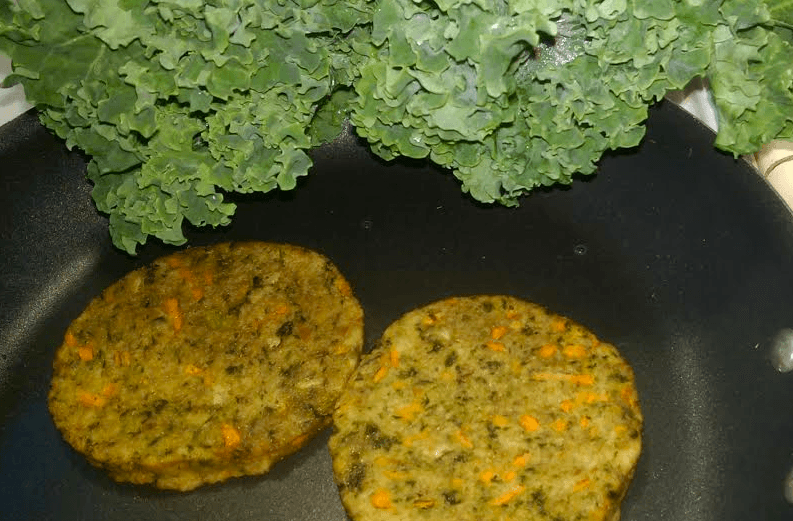
Not everyone is a fan of MorningStar Farms. Yes, those fake breakfast sausages actually taste pretty good, but this division of Kellogg’s has drawn its share of barbs.
Several years ago MorningStar Farms was grilled over the fact that hexane is used in the processing of all that soy that ends up transformed into burgers. Listed as a health hazard by the U.S. Environmental Protection Agency, hexane is used to separate massive quantities of oil from soybeans. Kellogg’s has been called out on the use of such soybeans, but its response has been that the Food & Drug Administration (FDA) approves the practice. Some writers have pointed out that the risks of eating that occasional soy burger are pretty low, and any litigation against the process has gone no where.
Of course, the question over to eat or not eat conventionally-grown soy is relative when one considers the health risks related to meat consumption, among them heart disease, obesity and, of course, the occasional food contamination scare.
To that end, the folks at Morningstar Farms worked with the consultancy Quantis to cobble together an online calculator that enumerates the environmental benefits that can result from eating less meat. Prefacing the calculator are some long-held statistics related to the meat industry: that the global livestock industry is a larger carbon emitter than the transportation sector; 30 percent of the planet’s land is devoted to livestock production; and for an individual to cut back on beef only once a week is the equivalent the conservation of about 240 gallons of water.
Curious about what impact, if any, my eating habits have on water and energy consumption, I gave the calculator a test drive. Not that much needs to be done — you move a little icon from left to right. As one of those annoying people who calls himself “veganist” (I am not vegetarian or vegan, but have cut out most animal products and generally only eat meat when I’m out on the town or at someone’s home for a meal), I probably eat meat at the most three times a week.
So, what are the results? Well, eating 18 meat-free meals a week results in my conservation of approximately 65,000 gallons of water, the greenhouse gas equivalent of 3,000 miles not driven in my car and 19,000 square feet (or two-fifths of an acre) of pastureland in a year. The most likely reality is that the benefit I provide for the environment is not as generous — after all, I do have the occasional eggs, cheese and dairy, not to mention those jugs of pickles, olives and other goodies that are lugged to my town from the Mediterranean and Middle East.
But what if we toyed with this calculator and tested it on a more macroeconomic level? Let’s say all Americans swapped out three meat-laden meals with a plate that was entirely plant-based. The results are dramatic: 2 trillion gallons of water saved, 135 billion car miles not driven and 779 billion square feet, or 23 Rhode Islands, not converted into pastureland. Then there are the social impacts: a reduction in the ongoing global land grab, as well as fewer subsidies fronted by taxpayers.
The calculator is a great tool to visualize one’s environmental impact from eating meat. Not that we will see anything like this on the U.S. Department of Agriculture’s website any time soon thanks to K Street lobbyists looking out for Big Ag, but other countries are taking notice. The Netherlands, for example, is nudging its citizens toward embracing more of a plant-based diet. A trace of hexane here and there may not be the worst price to pay for a less polluted and cruel planet, after all.
Image credit: Leon Kaye

Leon Kaye has written for 3p since 2010 and become executive editor in 2018. His previous work includes writing for the Guardian as well as other online and print publications. In addition, he's worked in sales executive roles within technology and financial research companies, as well as for a public relations firm, for which he consulted with one of the globe’s leading sustainability initiatives. Currently living in Central California, he’s traveled to 70-plus countries and has lived and worked in South Korea, the United Arab Emirates and Uruguay.
Leon’s an alum of Fresno State, the University of Maryland, Baltimore County and the University of Southern California's Marshall Business School. He enjoys traveling abroad as well as exploring California’s Central Coast and the Sierra Nevadas.














